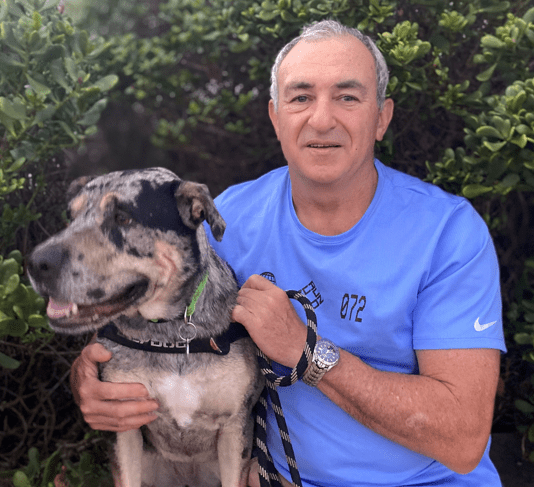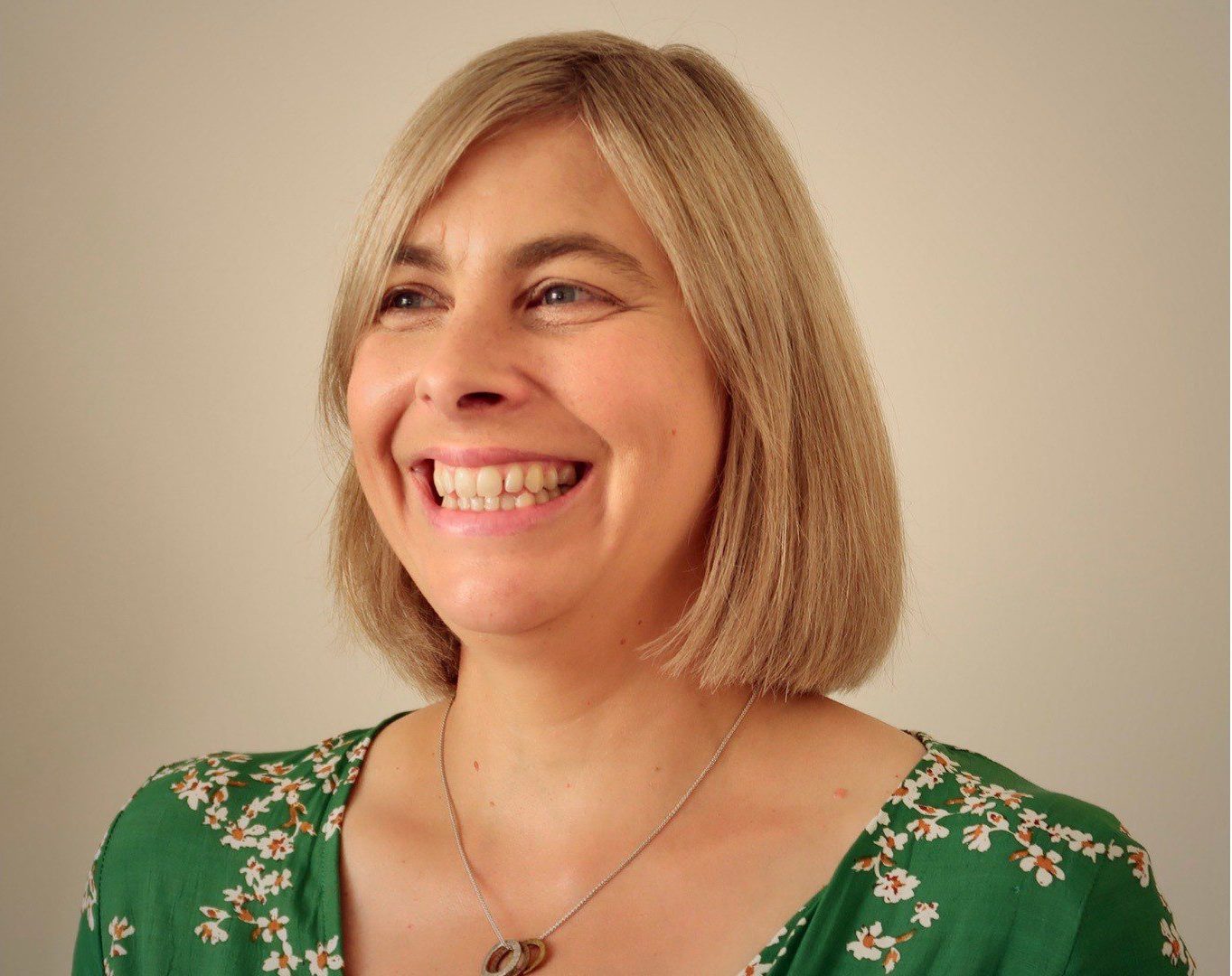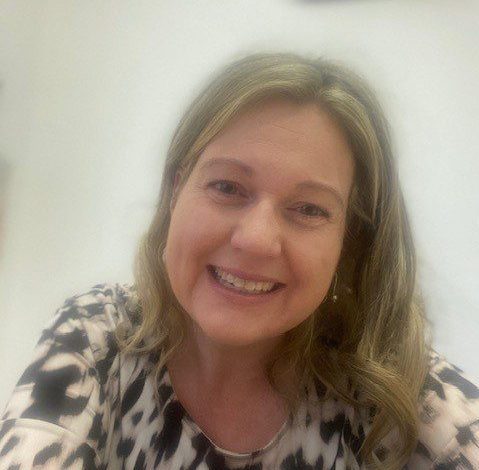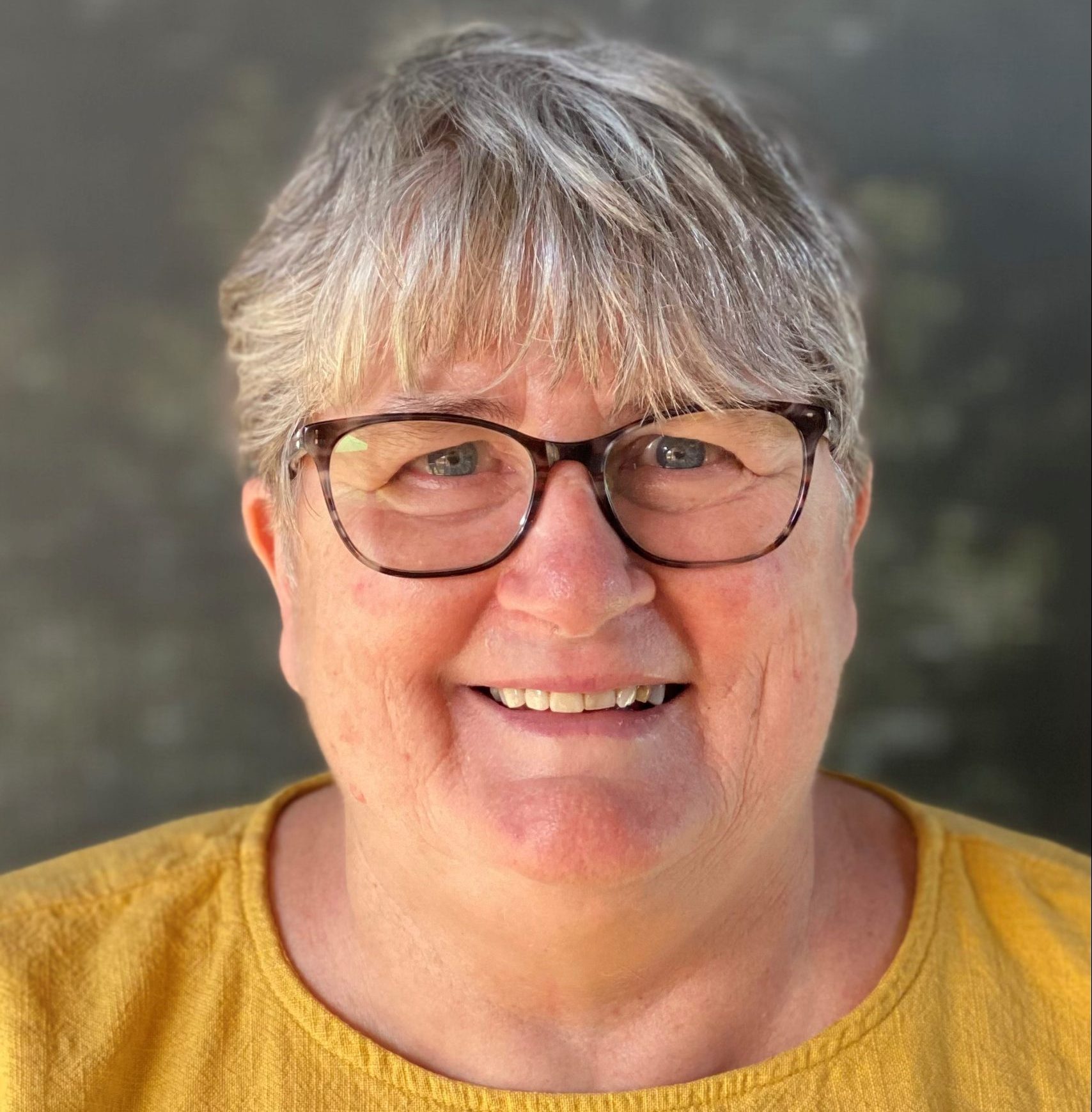Last month we held the webinar: Navigating the system, finding supports after diagnosis with with Prof Henry Brodaty, Bill Yeates, Dr Stephanie Daly, Dr Andrea Lees, and Sue Tolhurst, and now we have compiled some of the Top Tips from the discussion, including key quotes from our panelists:

Bill Yeates: Dementia Advocate
Make a life plan and be positive
There is hope and a lot of it has to come from within you. You have to understand and accept the diagnosis. As soon as you can do that, you can start moving on with your life.”
I didn’t process my diagnosis at all well. For the first time in my life, I felt completely helpless and scared. I didn’t know what the future would hold for me and my family.
In the end, from my own research, I created a personalised plan to get my life back in order. Besides the many changes I made in terms of my lifestyle and the introduction of non-pharmaceutical interventions, the key component that flows through everything I now do on a daily basis is positivity.
Positivity for me, is more than just a mindset or a feeling. It’s basically a way of life where you simply believe in yourself. You’ve accepted the diagnosis, you understand the limitations of it, and now everything you do moves towards having a better life.
You might think you are, but you’re not alone. Your family and friends are very important too. It’s not hopeless.”

Dr Stephanie Daly, General Practitioner and GP Educator
Visit your general practitioner (GP) and get a plan
When you’re first diagnosed, there are so many things your GP can do, but it’s hard to talk about all of them in the first appointment. So go back to your GP and ask for a chronic disease management plan.
These plans allow for visits up to four times a year (every three months) where you meet with the practice nurse (for about 40 minutes) and the GP (for about 20 minutes) to manage your condition.
This gives your GP time to look holistically at your health and consider the best way to manage symptoms and structure supports such allied health practitioners.
GP management plans are useful for conditions such as dementia but you may have one that incorporates all your chronic diseases as the single plan covers all of these conditions.
As part of your plan, you get five subsidised visits to allied health practitioners each year. If you are experiencing trauma and distress your GP can also arrange a mental health plan with subsidised visits to a psychologist or counsellor.

Dr Andrea Lees, Geriatrician
See your specialist and talk to Dementia Australia
In our clinic, after the diagnosis is made, we ask permission to make a referral to Dementia Australia. Dementia Australia follow-up by contacting the person within the next two weeks and provide ongoing support and professional counselling. Dementia Australia also provide a range of education sessions, such as the Living with Dementia program, or sessions about how to access support via My Aged Care.
We also recommend newly diagnosed people:
- Visit their GP for a chronic disease management plan, and Mental Health plan if they need emotional support.
- Get in touch with Dementia Support Australia if the person is a little bit more advanced on their journey and having behavioral and psychological symptoms.
- Talk about treatment options to maintain and improve cognition as well as medications available that geriatricians and neurologists can prescribe.
- Consider plans and long-term decisions that may be needed about driving, finance, accommodation, etc.
I like the [Forward with Dementia] checklist of [suggested] questions people can ask their healthcare professional. There are a lot of questions so it’s important to pick what is most important to you at that particular time.”

Sue Tolhurst, Social Worker and Dementia Advisor
Get to know your local services and supports
For people who are comfortable with the Internet, Forward with Dementia is a really great option for looking at strategies to help with those early stages, when you get your diagnosis and planning for the future. I think it’s a great website.”
When first diagnosed some people get too little information and some people get too much. We need to find out what the person who is diagnosed sees as most important and consider that many people may not be able to access the Internet for information.
Try to find out what’s available locally in your area:
- There may be a local dementia advisor or key worker who can link you in with local services and supports.
- See if there are Dementia Australia programs in your area.
- Go along to your local dementia cafe or support group meeting to connect with other people in a similar situation.
This will help you to feel more comfortable talking about your diagnosis, and you can learn from other people’s experiences.
You have to learn to live with dementia and there is still a lot of joy to be found in the world. Focus on fun, good times and the things that you’re still able to do and enjoy.”




